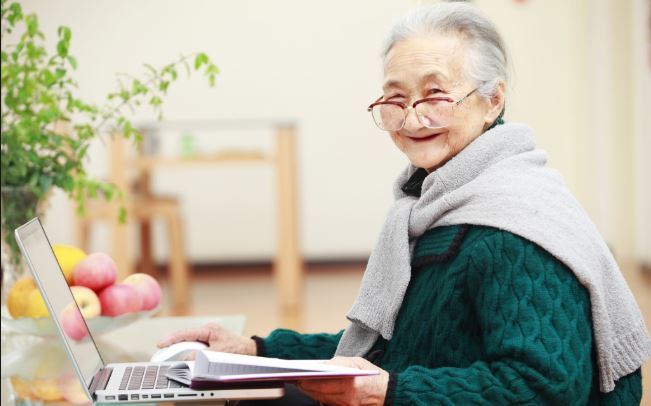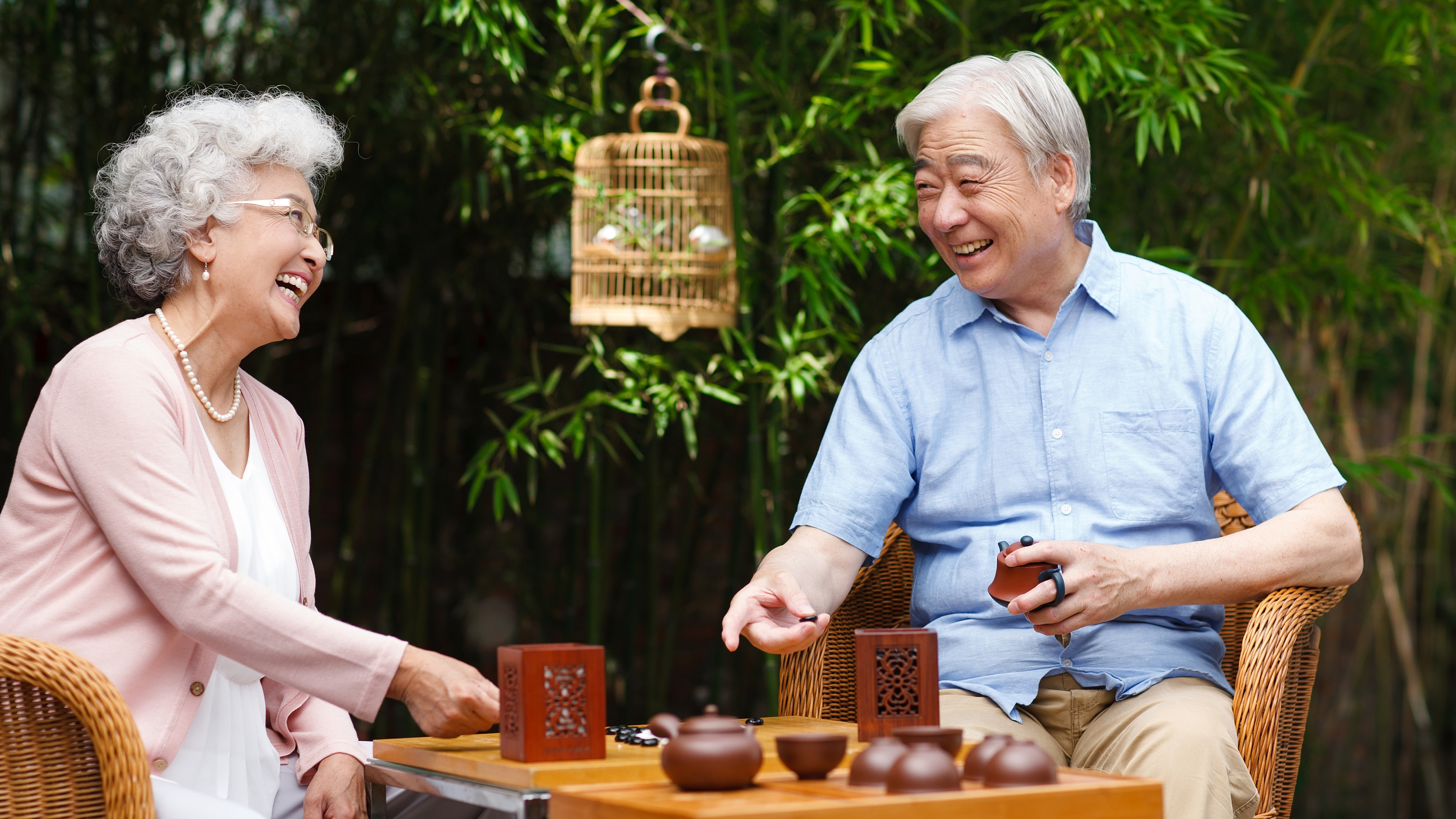
From the People's Daily App.
This is Story in the Story.
One week before the end of her course at a university for the elderly, Wu Yue'e carefully made notes for her speech at the closing ceremony as a student representative.
Wu, 72, has been a student for more than 10 years at Changsha Senior Cadre University in central China's Hunan Province, where she learned a number of new skills including reading and writing Chinese pinyin, using traditional Chinese medicine and playing the erhu.
Heading back to school for further study and cultural enrichment is becoming a choice of many Chinese senior citizens.
Statistics from the China Association of Universities for the Elderly show that by the end of 2018, China had 62,000 universities and schools for the elderly, with more than 8 million students attending classes.
Today’s Story in the Story looks at why elderly Chinese are feeling the need to go back to school.

(Photo: CGTN)
Since China entered an aging society at the end of the 20th century, the number of elderly and their proportion in the total population have continued to grow.
From 2000 to 2018, the elderly population aged 60 and above increased from 126 million to 249 million, and the proportion of the elderly population in the total population increased from 10.2 percent to 17.9 percent.
It has become a trend for Chinese seniors to enrich their spare time and improve the quality of life in their later years by attending classes in universities for the elderly and participating in community activities.
Wu, an active participant in all facets of school life, felt her greatest regret was not getting a full education when she was young.
"I have always loved literature even though I dropped out of school very early," Wu said. Before retirement, Wu was a textile worker who insisted on reading in her spare time. Her favorite book is "The Count of Monte Christo."
After her retirement, she was able to fulfill her dream of studying at the university for the elderly. "I felt the elderly should keep up with the pace of social development, and I haven't done well enough," said Wu, adding that she hopes to improve herself through learning and set a good example for her children.

(Photo: CGTN)
Yin Jianlin, 57, echoed Wu's views. Five years ago, Yin had just retired from an enterprise where she worked for decades and was unable to adapt to her retired life. "Once a person stops working, the sense of loss comes," Yin said.
In 2015, Yin was enrolled in the university for the elderly to study folk dance and mental health. With the help of the mental health class, Yin accepted her new role in life and learned to control her emotions.
Although an increasing number of seniors are heading off in pursuit of self-fulfillment, a large percentage of the elderly in China remain the primary caregivers of their grandchildren, whose parents are tied down with their busy work schedules.
Liu Yanping, a 37-year-old psychological consultant, has run parenting education and positive discipline courses for children and parents in primary schools with her team in Changsha since 2014. Liu found that many children rely on their grandparents rather than their parents for learning about the world.
In 2017, Liu and her team set up a course of alternate-generation education at Changsha Senior Cadre University.
Huang Qijian, 60, who attended the alternate-generation education class, has a pair of twin grandchildren. How to properly educate and guide them has become his major concern.
"My educational method is outdated," Huang said. By learning advanced educational concepts and methods in the alternate-generation education class, many older people, like Huang, have learned how to balance the relationships between themselves, their children and their grandchildren.
"Having practiced the knowledge learned from the classes, I've found the atmosphere of our family has become warmer and closer," Huang said.
(Produced by Nancy Yan Xu, Brian Lowe, Lance Crayon and Paris Yelu Xu. Music by: bensound.com. Text from Xinhua.)


